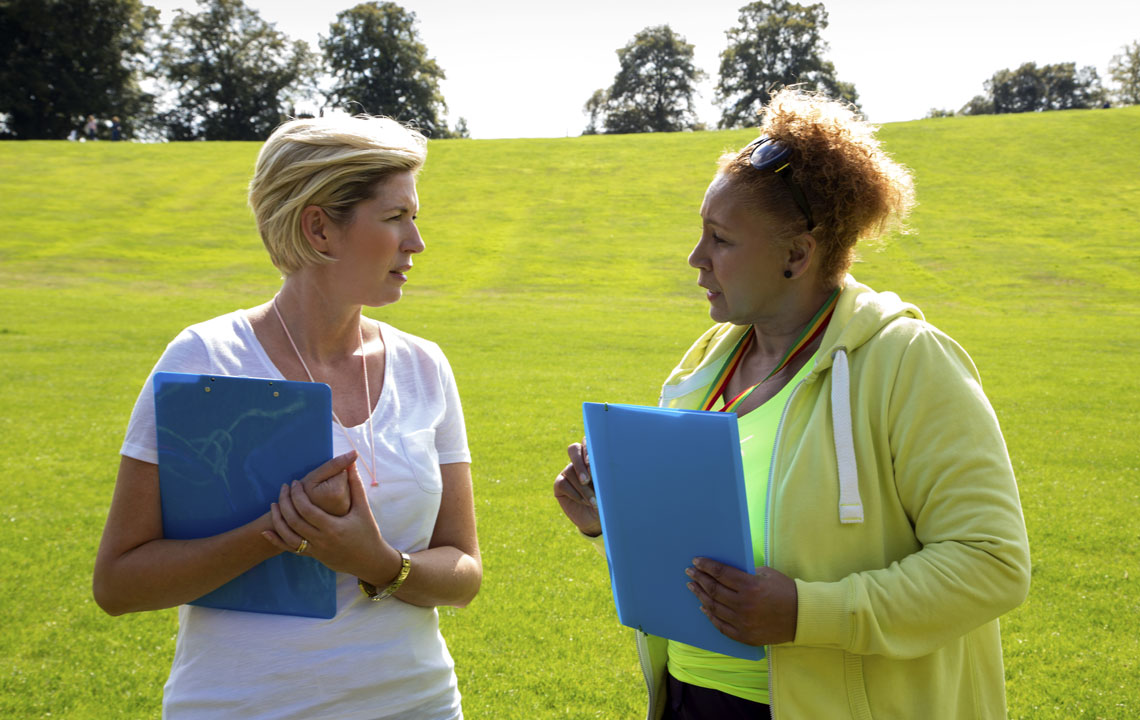There are many people who want to build their home with their own specifications. To do this, they need to first buy a land and then start with the construction process. Buying a land and building your own home is both an exciting and a challenging task.
Angus Reed – real estate professional, who has in-depth knowledge in buying and selling properties gave us some tips that one should consider before buying a land. Below is a list of these factors:
- Zoning requirements: Before you buy the land, you must check with the local authorities whether you can construct the type of building that you want. You can ask them if they have any plans to put in a shopping center or an airport or any other future construction near your land that can devalue it.
- Check for sounds and smells: If you’re buying a land, there’s high probability that it is in the suburbs or in the countryside. If you want to move out of the city to get your peace of mind, make sure there’s no farm animal around your land that can take it away from you. Animals like geese and donkeys can produce brays that can travel for as long as a mile. Also, these animals can produce lots of organic waste that can have a really foul smell.
- Look for any natural hazard that has occurred in the past: See to it if there has been any incidence of natural hazard in the area. Sometimes land can have naturally occurring minerals like asbestos in the soil which can create serious health issues for you. It is important to check these things before making the purchase.
- See if you need an elevation: If your land is located near the hills and the land is unstable, it can crack your building foundation. See if the land is prone to landslides. If there’s a water body near your land or lies in a depression area, it is advisable to build a house with a raised foundation. This will prevent water damage to your home due to flooding. You should always consider asking your neighbors about these issues.
- Get an easement: If your land is positioned in a way that you will have to cross someone else’s property, you should get an easement. Make sure the easement is duly recorded. Also, get a title insurance to disclose easements and restrictive covenants or conditions – this is important.
- Check for utilities: Not all water that is available around a land is portable. It is possible that the authorities do not allow digging a well on your own land. Find out if any such restrictions are there and how easily are the portable water available. Does the ground have too many rocks? Is the groundwater very deep? These are the questions you must ask before buying the land. Ask what you will need for electricity, telephone, and propane and sewage connection.
- Land appraisal: You might need to get an appraisal if you are planning to get a loan for purchasing the property. Note that some financing institutions will allow subordination to a new construction loan.
Resale value can be a little softer that what you get in the city. This is because the number of potential buyers is fewer in the countryside. If you are not familiar with the area, you can consider renting the land first. In this way, you will get to know more about the land before you make the big investment yourself. Considering these factors is absolutely necessary since property investment is always expensive and you can/should never risk so much money.

